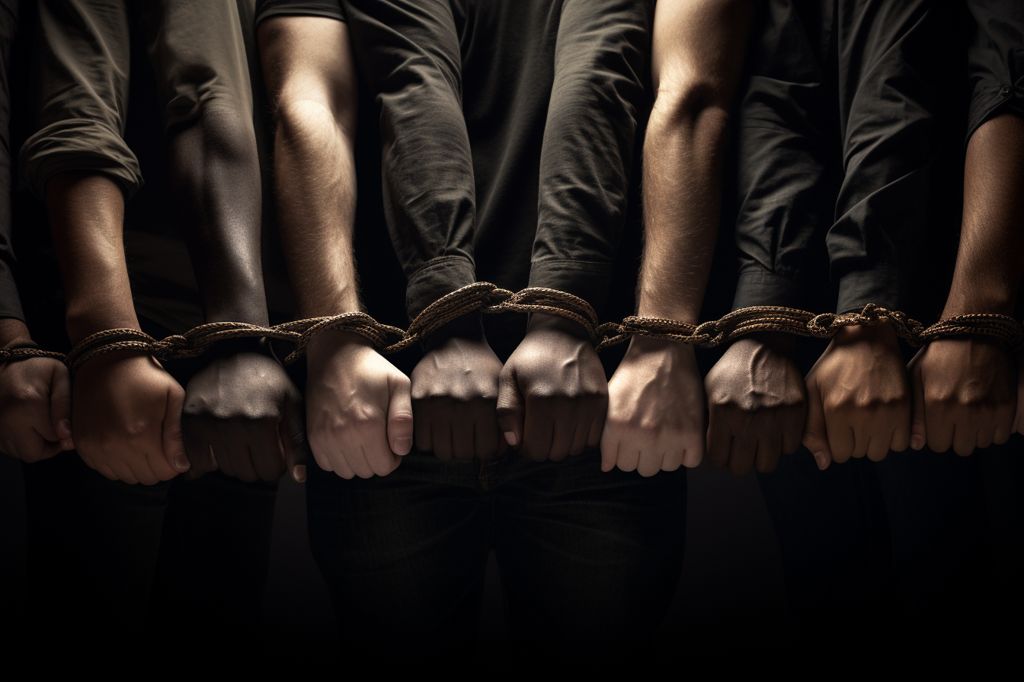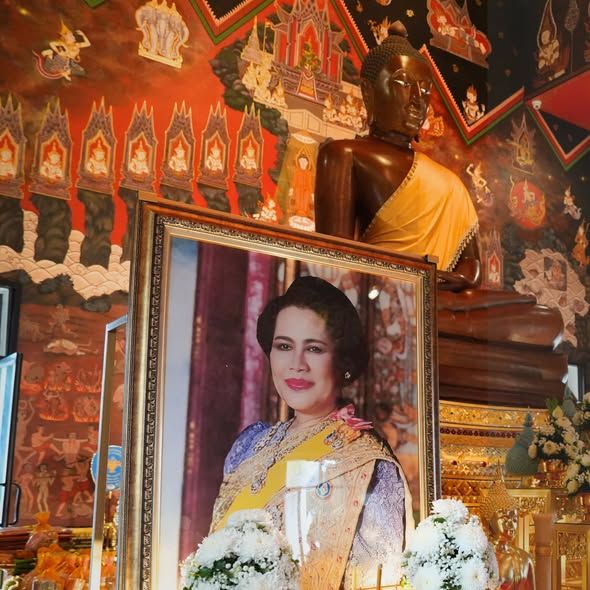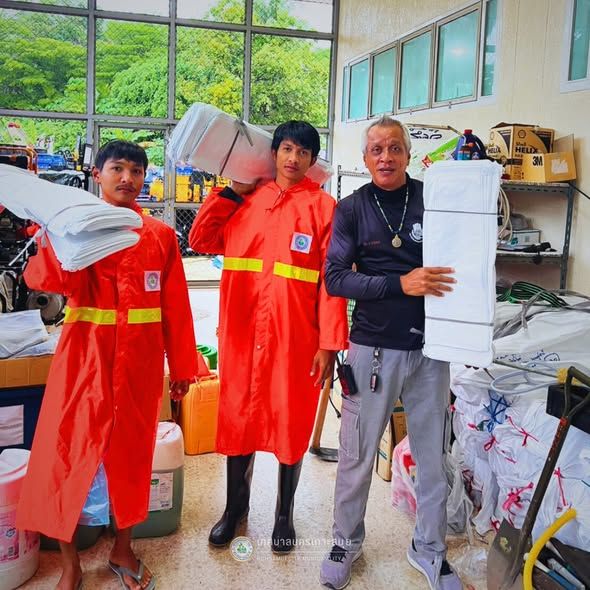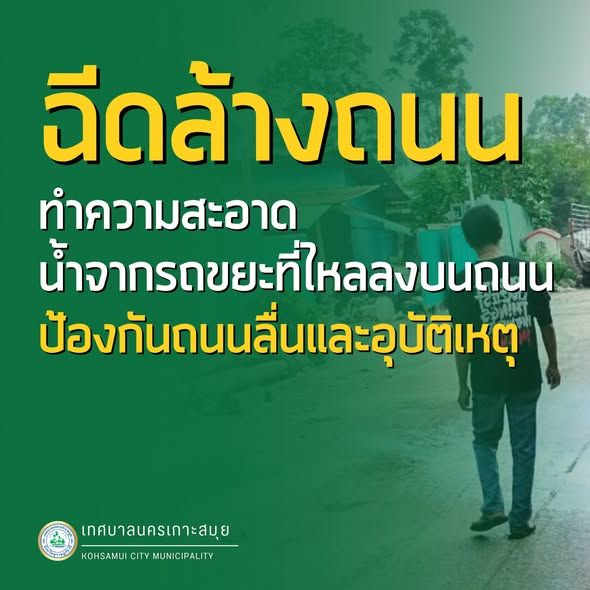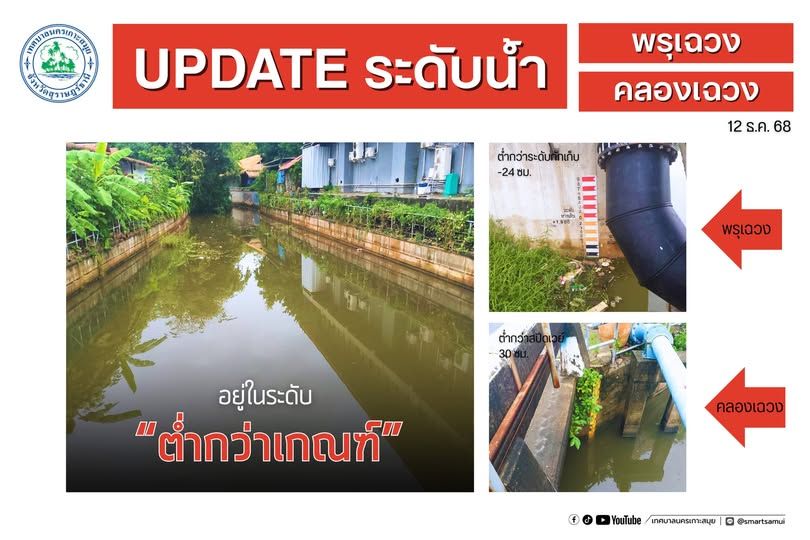Thai government has identified 700 individuals linked to mafia-style crime across the nation and is creating a secure environment for potential witnesses to report information via various hotlines. #ThailandCrime #SecureEnvironment #WitnessProtection
MinistryOfInterior #IllegalActivities #MafiaStyleCrime #TipOffs #Hotlines #PoliceMurder #PublicSafety
Government’s Efforts to Suppress Illegal Activities
In a recent announcement, Karom Polpornklang, a deputy government spokesman, stated that the government has identified around 700 individuals as “mafia”-affiliated figures. These individuals are involved in various illegal activities across the nation. The Ministry of Interior compiled this list with the help of local authorities and members of the public who provided valuable tip-offs.
This information will be handed over to a government committee entrusted with the responsibility of suppressing these criminal activities.
Ensuring Safety and Confidentiality for Informants
Prime Minister Srettha Thavisin has emphasized the importance of maintaining the safety and confidentiality of those who provide information about these nefarious characters. The government aims to create a secure environment for potential witnesses, encouraging them to feel confident in their cooperation.
Individuals who possess information about mafia-like criminals can report their findings to the government via the 1111 mailbox of the government’s public complaint center, the Damrong Tham centers operated by the Ministry of Interior, or the Police Cyber Taskforce hotline 1599.
Sixteen Illegal Activities Linked to Mafia-style Crime
The committee spearheading the suppression of unlawful influential people has identified 16 illegal activities that are typically associated with mafia-style crime. These include:
- Lending money at exorbitant interest rates
- Colluding in bid pricing to secure state contracts
- Unlawfully collecting commissions from passenger transport drivers
- Demanding “tea money” from business operators
- Smuggling illicit products
- Operating illegal casinos
- Procuring prostitutes
- Participating in or arranging human trafficking
- Running illegal overseas job placement services
- Defrauding tourists
- Acting as hitmen or arranging their services
- Operating unlawful and violent debt-collection agencies
- Selling and buying unregistered weapons and firearms
- Encroaching on public land or destroying natural resources
- Demanding bribes from motorists or truck drivers
- Involvement in the sale of narcotics
Triggering Event: The Killing of a Police Officer
The campaign against these influential criminals began in the aftermath of the high-profile murder of Pol Maj Sivakorn Saibua, a highway police officer. The incident took place during a dinner party on September 6th, at the residence of Praween “Kamnan Nok” Chankhlai, a former kamnan in Nakhon Pathom. The former local leader, now treated as a prime suspect in the murder case, also operated a construction business, which is under investigation for potential bid rigging.
Frequently Asked Questions
1. How has the Thai government identified mafia-affiliated individuals?
The Thai government, with the help of local authorities and members of the public, has identified around 700 individuals linked to mafia-style crime across the nation. The Ministry of Interior compiled this list from valuable tip-offs provided by informants and local sources.
2. What measures are being taken to ensure the safety and confidentiality of informants?
The Thai government, under Prime Minister Srettha Thavisin, is emphasizing the importance of maintaining the safety and confidentiality of those who provide information about mafia-affiliated individuals. To achieve this, they have set up various hotlines and communication channels, including the 1111 mailbox of the government’s public complaint center, the Damrong Tham centers operated by the Ministry of Interior, and the Police Cyber Taskforce hotline 1599.
3. What are some of the illegal activities typically associated with mafia-style crime?
Sixteen illegal activities have been identified as typically associated with mafia-style crime. These include lending money at exorbitant interest rates, colluding in bid pricing to secure state contracts, unlawfully collecting commissions, demanding “tea money” from business operators, smuggling illicit products, operating illegal casinos, procuring prostitutes, human trafficking, running illegal overseas job placement services, defrauding tourists, acting as hitmen or arranging their services, operating unlawful and violent debt-collection agencies, selling and buying unregistered weapons and firearms, encroaching on public land or destroying natural resources, demanding bribes from motorists or truck drivers, and involvement in the sale of narcotics.
